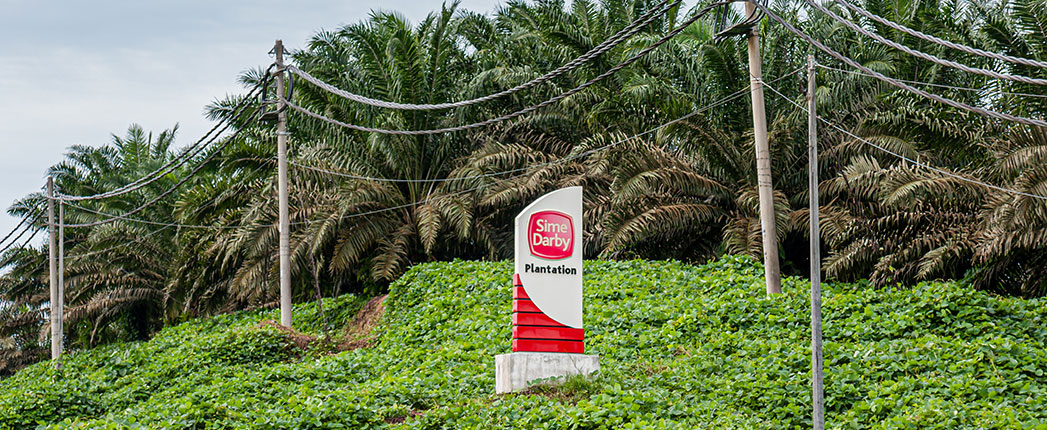
The United States Customs and Border Protection agency last week announced a ban on palm oil produced in Malaysia by Sime Darby Plantation Bhd. and any products containing it due to suspicion that it is produced using forced labor and child labor.
Sime Darby supplies palm oil used in a variety of applications, including as a base stock for manufacturing of biobased lubricants.
The border protection agency said it issued the Withhold Release Order based on information showing the presence in Sime Darby’s operations of all 11 indicators of forced labor as defined by the International Labour Organization.
“Federal statute 19 U.S.C. 1307 prohibits the importation of merchandise mined, manufactured or produced, wholly or in part, by convict labor, forced labor and/or indentured labor, including forced or indentured child labor,” CBP stated in a Dec. 30 news release. “This Withhold Release Order will require the detention at all U.S. ports of entry of raw palm oil and processed products containing palm oil produced by Sime Darby Plantation. CBP provides importers of detained shipments an opportunity to export their shipments or demonstrate that the merchandise was not produced with forced labor.”
Sime Darby issued a statement saying that it has programs intended to prevent forced labor and child labor. It said the allegations against it suggest breaches of those programs and that it is seeking additional information and cooperating with a non-profit organization to shore up any weaknesses in its programs.
The U.S. action stems from a report last July by Liberty Shared, a Hong Kong-based nonprofit organization that works to halt human trafficking and forced labor. Liberty Share said it interviewed Sime Darby workers who described practices such as abusive working conditions, withholding of wages, coercion, deception and threats of sexual harassment.
In October Sime Darby hired PricewaterhouseCoopers to audit its performance in treating workers fairly and not engaging in forced labor – a move that Liberty Shared applauded.
Sime Darby was the second palm oil supplier to have Malaysian products banned by the U.S. in 2020. In September last year, Customs and Border Patrol issued a Withhold Release Order against FGV Holdings Bhd., and that order is still in effect.
Palm oil is the world’s most common vegetable oil and a common base stock in environmentally friendly lubricants. Malaysia trails only Indonesia in production volume, and together the nations account for 85 percent of global supply. In addition to lubricants, palm oil applications include foods, personal care products and cosmetics.